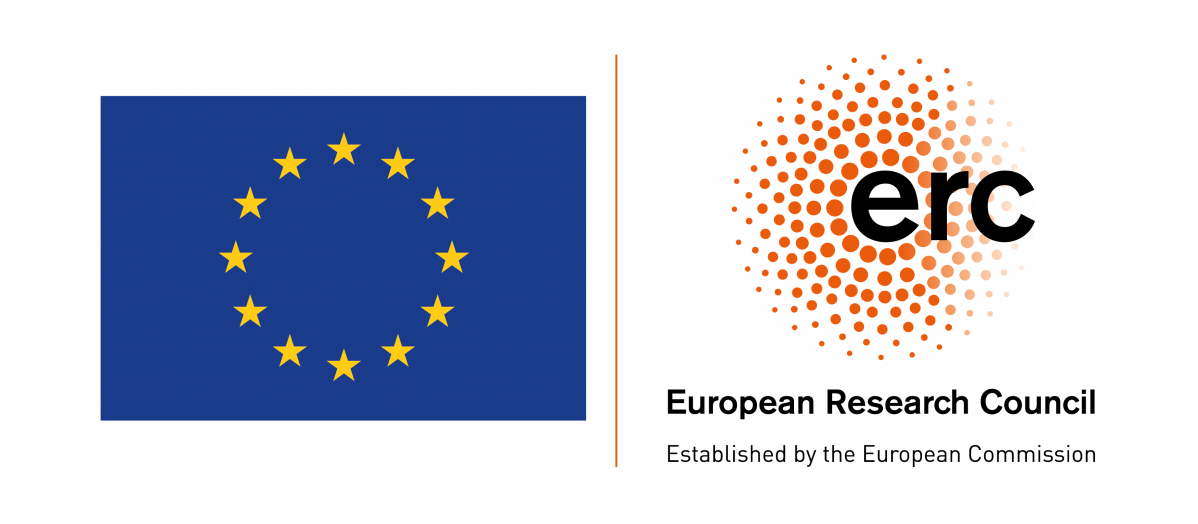Further information
PROGRAMME pdf
The non-human animal in African Philosophy: A reconfiguration of humanity and the nonhuman from an African perspective
The analysis of current climate and environmental crisis reveals the close link between humankind, flora, and fauna. Various schools of thought point to humans as the main agent that has altered planetary processes, causing a crisis whose effects are harmful for the present and the future generations. Many thinkers denounce the anthropocentrism structuring the ruling world view. At its heart is the Cartesian postulate which, in its various forms, establishes reason and language as the distinguishing marks of the human being. This way of thinking assigns the status of objects to entities lacking these traits, notably nature and animals. By virtue of this reification, the latter are deprived of all rights. Instead, they are considered as inferior beings whose reason for being is to satisfy the interests of humankind.
A wide range of thinkers denounce such a consecration of ontological and axiological difference. They advocate an egalitarian perspective based on the recognition and respect of life manifested through various forms. The biocentric thinking postulates that every organism has its own end, namely the fulfilment of its own biological functions. As such, each organism has an intrinsic value. Thus, it deserves consideration and equal treatment. Others criticise the blind spot in the biocentric paradigm, namely the failure to consider the interconnectedness of the different forms of life within a paradoxical framework of complexity and harmony. For the proponents of ecocentrism, for example, regardless of their intrinsic value, species and other components of the planet are interconnected.
The Asixoxe Let's Talk Conference on African Philosophy 2024 aims at recasting this long-standing but still topical debate from an African perspective. The conference aims at exploring these questions in the light of a dynamic which, going beyond the colonial library, considers new ways in which Africa negotiates its relationship with the world. This negotiation revolves around challenges such as awareness of the human impact on the climate and the future of the planet; the decolonisation of knowledge and the emergence of epistemologies from the South; the relationship between humans and nonhuman animals; the impact of modern technologies, particularly artificial intelligence, on the development and expression of humanness.
We invite papers that explore issues regarding the relationship between humans and nonhuman animals, humanness, the Anthropocene, and posthumanism. The conference interrogates a range of philosophical, political, literary, and communicational topics, such as:
- The status of the nonhuman animals in African thinking and world views.
- The animal symbolism in African arts, traditional cultures, and religions.
- The representation of the nonhuman animals in African literature.
- The significance of nonhuman animal symbolism in African political thought and practice.
- The representation of nonhuman animals in sport, music, art, and business advertisements.
- Racism and nonhuman animals in colonial and post-colonial theories.
- The commodification of nonhuman animals and the humanisation of new technologies.
- The fundamental markers of humanness and non-humanness.
- The Anthropocene and posthumanism related to Africa.
- The relevance of vegetarian and vegan theories in Africa.






